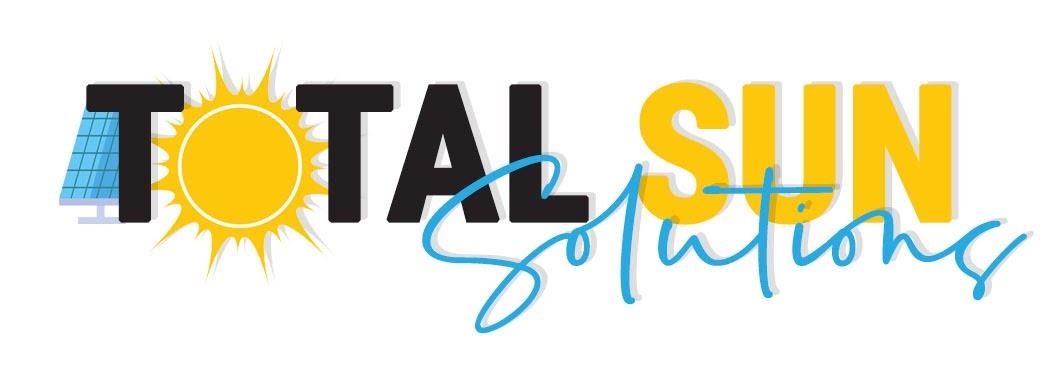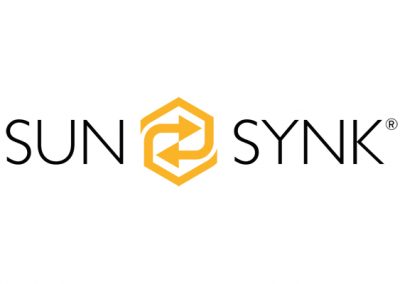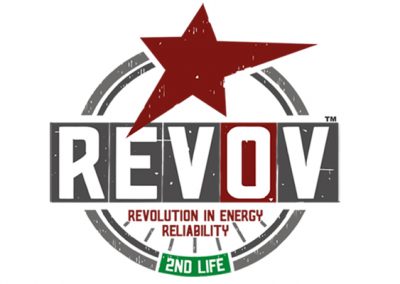Solar Solutions
Our in-house team of qualified and professional project managers deliver full turnkey solutions – including engineering design, procurement, construction, monitoring and after sales management. Our team is PQRS approved and has a collective 15 years experience. Post installation, our Operations and Maintenance team utilise the latest online monitoring tools to pro-actively manage the solution, ensuring ongoing optimal power generation.
Grid-Tied Solar Systems
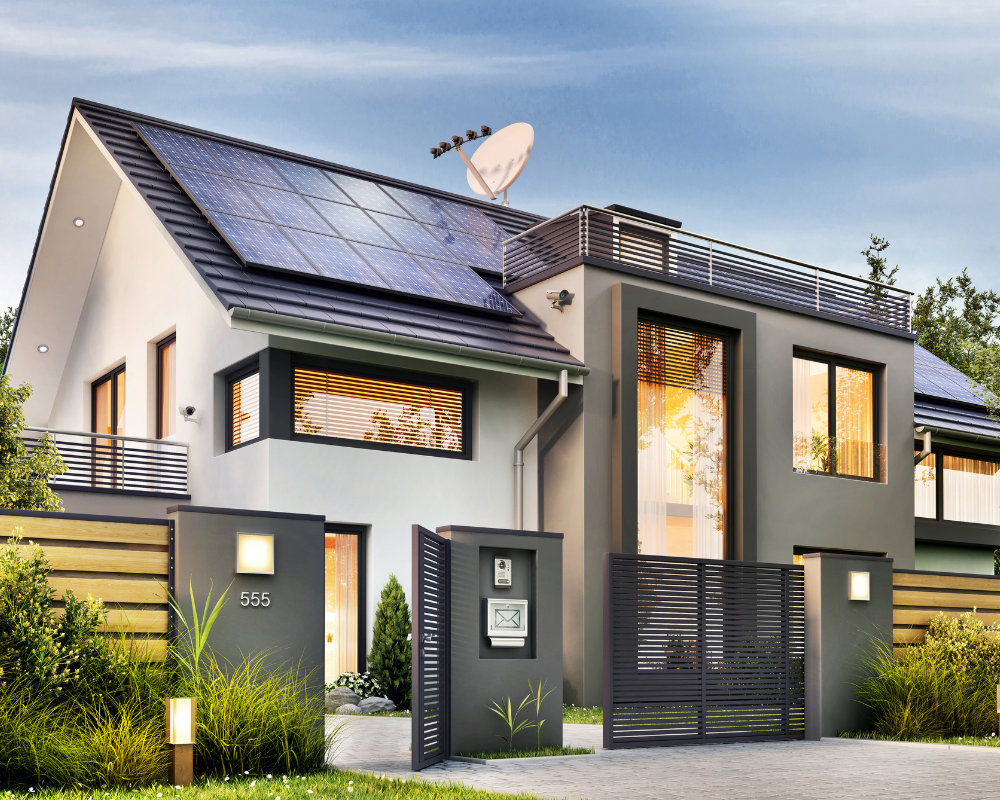
Hybrid Solar Systems
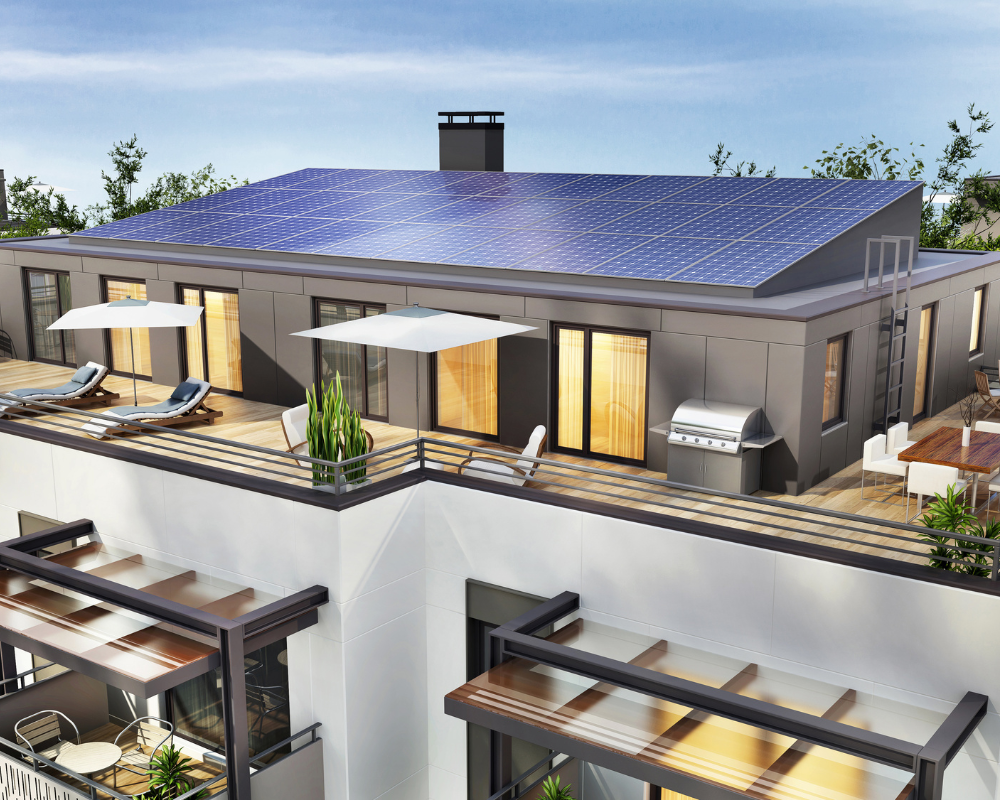
Off Grid Solar Systems
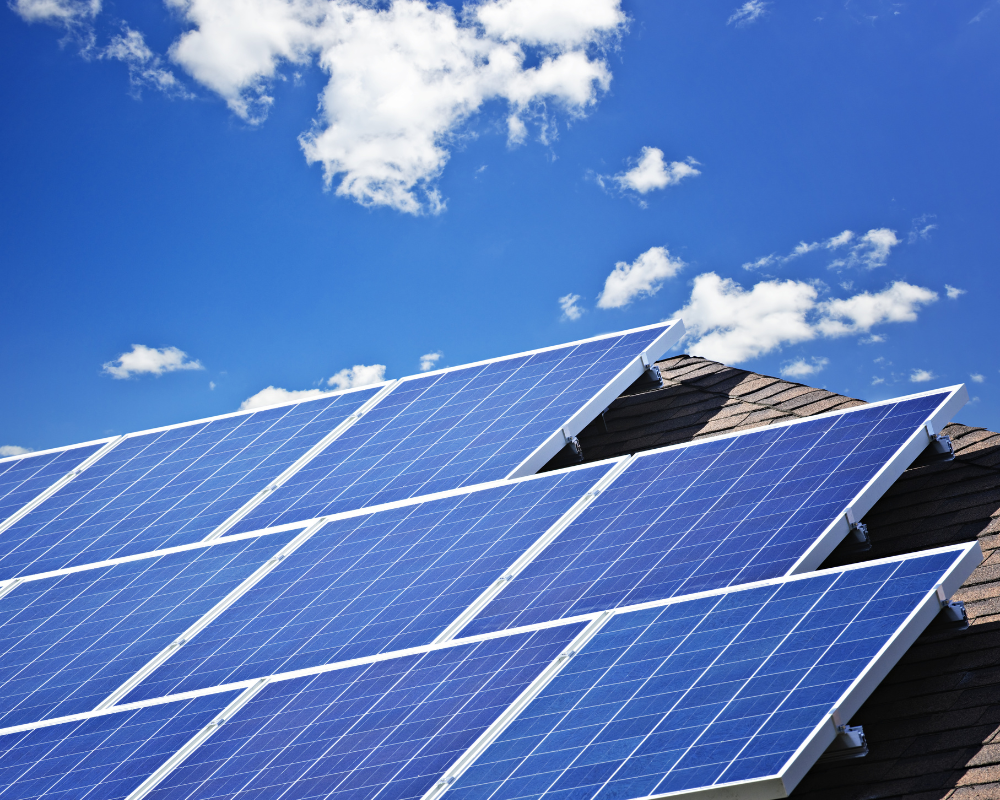
Battery Backup Solutions
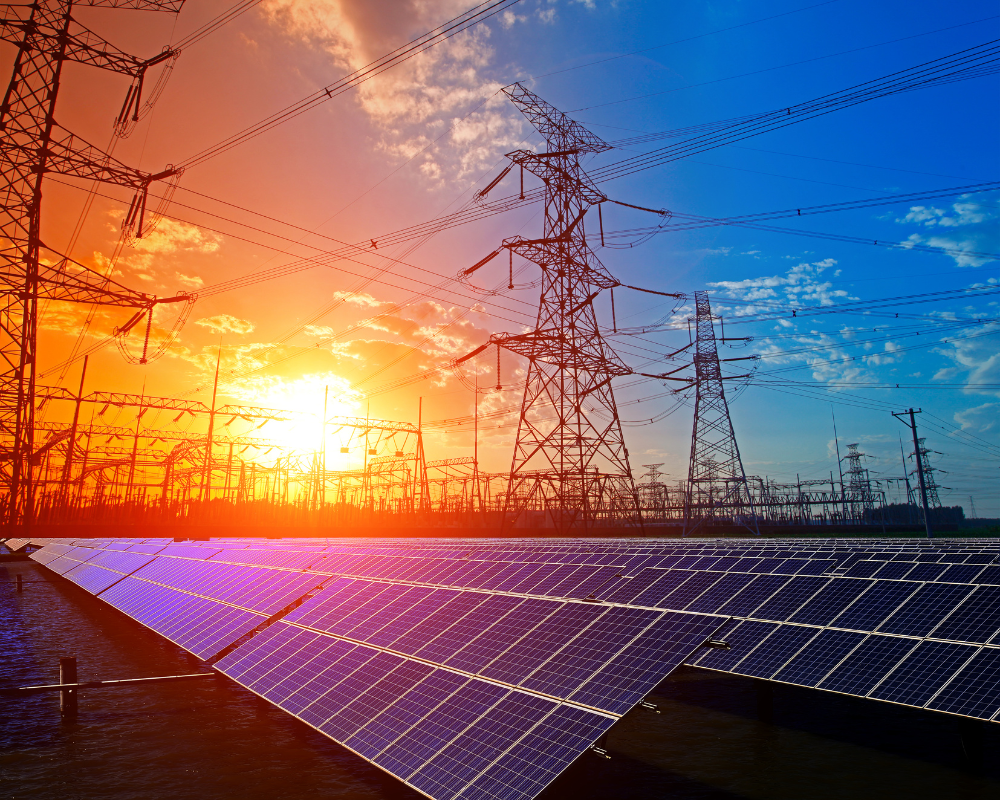
Solar Information
Advantages of solar power
Renewable: Solar power relies on the sun’s energy, which is abundant and will be available for billions of years.
Environmentally Friendly: Solar power generates little to no greenhouse gas emissions, contributing to reduced air pollution and combating climate change.
Low Operating Costs: Once solar panels are installed, they have minimal maintenance and operating costs compared to traditional energy sources.
Energy Independence: Solar power can reduce reliance on imported fossil fuels, promoting energy independence for countries.
Distributed Generation: Solar panels can be installed on rooftops and other locations, enabling decentralized energy production and reducing transmission losses.
Types of Solar Solutions
Residential Solar Panels: Installing solar panels on residential rooftops can help homeowners generate their own electricity, reduce energy bills, and contribute to a more sustainable environment.
Commercial and Industrial Solar: Businesses and industries can install solar panels on their buildings or land to offset their energy consumption, reduce operating costs, and demonstrate corporate social responsibility.
Solar Farms: Large-scale solar installations, often referred to as solar farms or solar parks, generate significant amounts of electricity for local communities or even entire cities.
Off-Grid Power: Solar power is an excellent solution for providing electricity to remote and off-grid locations, such as rural areas or disaster-stricken regions, where traditional power infrastructure is unavailable or unreliable.
Hybrid Systems: Combining solar power with other renewable energy sources like wind or energy storage systems (batteries) creates hybrid systems that can provide consistent power even when weather conditions vary.
Solar Water Heating: Solar thermal systems can be used to heat water for residential, commercial, or industrial purposes, reducing the need for conventional water heaters and saving energy costs.
Portable Solar Solutions: Portable solar panels and solar-powered devices are increasingly popular for camping, outdoor activities, and emergency situations where access to power is limited.
Solar-Powered Transportation: Solar energy can be used to charge electric vehicles (EVs) and provide power to charging stations, contributing to a cleaner transportation sector.
Solar-Powered Desalination: Solar energy can power desalination processes, converting seawater into freshwater for areas facing water scarcity.
Solar-Powered Agriculture: Solar pumps and irrigation systems can provide water for agricultural needs, reducing the reliance on fossil fuels for irrigation.
Community Solar Projects: Community-based solar installations allow multiple individuals or businesses to collectively invest in and benefit from a shared solar system, particularly useful for those who cannot install solar panels on their own property.
Solar Microgrids: Microgrids powered by solar energy can enhance energy resilience and provide reliable power in areas prone to power outages or in disaster recovery situations.
Energy Storage Integration: Pairing solar systems with energy storage solutions, such as batteries, enables the storage of excess energy generated during sunny periods for use during cloudy days or at night.
These solar solutions play a significant role in transitioning to a more sustainable and cleaner energy future, reducing greenhouse gas emissions, and mitigating the impacts of climate change.
Why choose solar power
By choosing solar power, you are opting for a cleaner, more sustainable, and renewable source of energy that has numerous environmental and economic benefits. Here are some reasons why you might consider choosing solar:
Environmental Benefits: Solar power generates electricity without emitting greenhouse gases or other pollutants that contribute to air and water pollution. By choosing solar, you help reduce your carbon footprint and combat climate change.
Cost Savings: While there is an initial investment in installing solar panels, solar energy can lead to significant long-term cost savings on electricity bills. Solar panels have a relatively long lifespan and require minimal maintenance, making them a cost-effective energy solution over time.
Energy Independence: Solar power allows you to generate your own electricity, reducing your reliance on fossil fuels and external energy sources. This can contribute to greater energy independence and resilience.
Stable Energy Prices: Once installed, solar panels provide a predictable and stable source of energy, helping to shield you from the volatility of energy market prices.
Job Creation: The solar industry creates jobs in manufacturing, installation, maintenance, and research and development, contributing to local economies.
Reduced Air Pollution: By choosing solar, you help improve air quality and public health by reducing emissions from traditional energy sources like coal and natural gas.
Low Operating Costs: Solar panels have minimal operating and maintenance costs, making them a low-risk investment with reliable returns.
Grid Stability: Distributed solar power generation can help reduce stress on the electrical grid, especially during peak demand periods, and enhance grid stability.
Incentives and Tax Benefits: Many governments and regions offer incentives, rebates, and tax credits to promote the adoption of solar energy, making it more financially attractive.
Technological Advancements: Solar technology continues to advance, leading to higher efficiency and lower costs. By choosing solar, you support the development and deployment of clean energy solutions.
Community Engagement: Community solar projects and shared solar installations foster a sense of community engagement and collaboration.
Future-Proofing: As concerns about climate change grow and regulations on carbon emissions become more stringent, choosing solar positions you to meet future sustainability requirements.
When considering solar, it’s important to conduct a thorough assessment of your energy needs, available space for solar panel installation, budget, and local regulations. Working with solar professionals and understanding your specific situation can help you make an informed decision and reap the benefits of solar energy.
